Superintendents Get Inspired by Sustainability
Author: Kathy McGlauflin
Environmental education received a big boost in Nashville, Tenn. where our nation’s school superintendents met recently at the annual conference of the American Association of School Administrators.
Building on the excitement generated by the Superintendents’ Environmental Education Collaborative (SEEC), superintendents had the opportunity to participate in two events. Through a field tour and conference session, 63 participants were inspired to learn about how environmental education can help improve their schools, their teaching, and their students.
Co-chairs of the collaborative, Dr. Kevin Maxwell of Prince George’s County, Md., and Anne Campbell of San Mateo County, Calif., led a field tour that highlighted environmental education programs in the Nashville area, as well as the sustainability practices of the city of Nashville. They also led a session that featured model programs by four superintendents and partners in SEEC.
SEEC is a partnership between superintendents and environmental education organizations. Its purpose is to promote environmental education—and increase its quality—in our nation’s schools. It seeks to provide robust, real-world experiences that engage students in the world of STEM (science, technology, engineering, and mathematics) and helps prepare them for the challenges and opportunities of the 21st century workforce.
Highlights of the field tour included presentations by two students from Hume-Fogg Academic Magnet High School, who spoke about forming an environmental club, “greening” their campus, and supporting the city’s “Livable Nashville” initiative through “Livable Schools”.
Livable Nashville is a plan for making Nashville the greenest city in the Southeast, and Livable Schools is designed to ensure youth are part of that process. Alex Hines and Grayson Peters, seniors at the high school, told the superintendents that “we need youth to engage in civic work,” and that “schools have to be a part of the solution for the environment.” The superintendents on the tour were inspired.
Following presentations by the Mayor’s office and an overview of the sustainability features of the Music City Center—which features 845 solar panels and a 4-acre “green” roof—the superintendents boarded buses to visit Stratford STEM Magnet High School.
Dr. Jennifer Berry, Academy of Science and Engineering principal, led a tour of the school’s hydroponic garden, and engineering and robotics labs. Participants also heard from the school’s executive principal, Michael Steele, about how environmental education and STEM initiatives have improved student performance.
Parked outside the school was a van run by the Urban Green Lab, a Nashville non-profit founded in 2009 that teaches communities how to live sustainable, healthy lives. The visitors toured the van before moving on to the final stop of the day, a tour of the Country Music Hall of Fame and Museum’s rooftop terrace and its hydroponic garden. The garden provides herbs, tomatoes, and peppers for use in the restaurant and catering service, and serves as a model of how schools might replicate this relatively inexpensive “green” addition to their buildings.
In a conference session, Superintendents Maxwell and Campbell encouraged listeners to “get involved in SEEC, become a champion for environmental education in your district, and take advantage of the resources that SEEC offers.” Superintendent Campbell emphasized the value of integrating environmental education into the curriculum, saying, “environmental education is fun and engaging.”
Superintendents Russell Dyer, from Cleveland City Schools in Cleveland, Tenn., and Chris Marczak, from Maury County Public Schools, also in Tennessee, shared the models they use in their schools. In particular, they highlighted the opportunities for field trips to learn about the environment.
Sarah Bodor, director of Policy and Affiliate Relations for the North American Association for Environmental Education (NAAEE), presented an update on the Every Student Succeeds Act (ESSA). She described resources (including money awarded through competitive grants) available to schools for environmental education. Some of those resources come from Project Learning Tree (PLT), a highly acclaimed EE program started in 1976. Esther Cowles, director of PLT, presented the curriculum and professional development opportunities available to schools in all 50 states.
Finally, the Upstream Alliance staff encouraged participants to become champions for EE in their states. Champions are education leaders who:
Support and advance environmental education in their school systems
Spread the word about environmental education opportunities to superintendents and education leaders in their state
Recruit education leaders to support environmental education
For more information on how SEEC is engaging superintendents in environmental education, please visit www.sups4ee.org.

